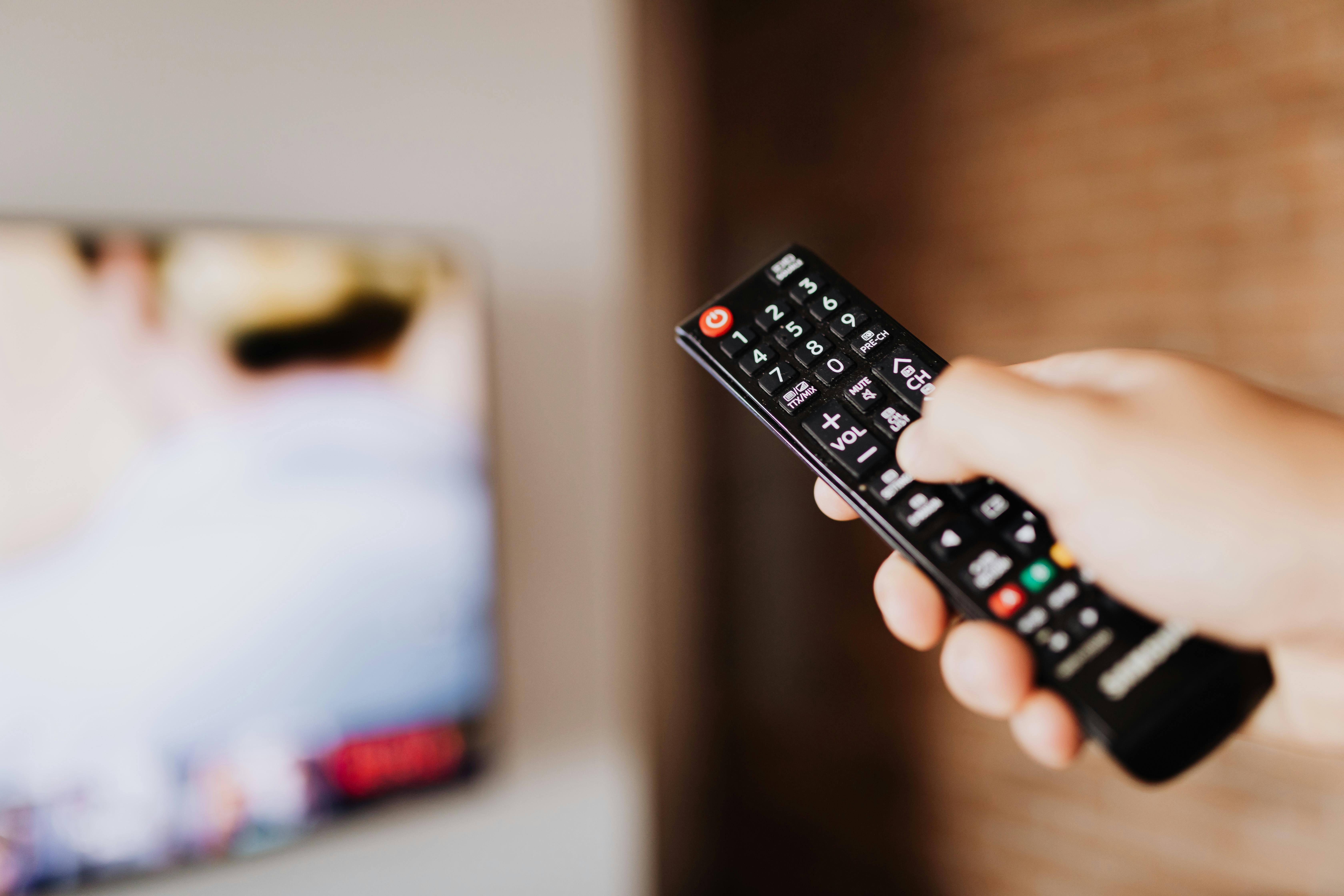
On November 6th, ITV reported an expected 9% fall from last year in advertising revenue in the last quarter of 2025, as audiences continue to move toward digital platforms.
ITV’s chief executive stated in the ITV report that recent data showed signs of a “softening economy” subsequently impacting the wider advertising market. Because of this soft advertising market, ITV is aiming to make £35 million in temporary savings through short-term cost cuts, to offset this drop in advertising revenue.
This slow-down is particularly notable considering that Christmas marketing tends to see the biggest revenue increase of the year. As traditional broadcasters face this decline, big-budget TV ads are under growing pressure. With audiences drifting online, this shift raises an important question: what does it mean for the world of SEO and digital marketing?
As companies pull back on broadcast and display advertising, we may see brands shift budgets over to quieter, organic digital marketing that is more targeted and controllable. Let’s be honest, how many of us routinely sit down and watch television every night in 2025? The answer appears to be less and less of us, as IPA’s Touchpoints survey revealed. On average, British adults spend 3 hours and 21 minutes per day on their mobiles, compared to an average television consumption time of 3 hours and 16 minutes. Whilst the gap is only small, it is the first time mobile usage has overtaken TV. The difference in 15-25 year olds is more drastic, with the younger generation spending an average of nearly 5 hours a day on their phones, compared to a measly 1 hour and 49 minutes watching TV.
A spokesperson for IPA noted that mobile phones are “always on, always within reach, and increasingly central” to daily life. It’s clear that this shift in attention is reshaping the marketing industry. As audiences move their attention online, SEO has become an increasingly powerful way for brands to reach wide audiences without relying on whether someone happens to flick to the right channel at the right moment. With mobile users searching, reading, discovering and buying through search engines and social media more than through passive TV exposure, it is inevitable that this form of content marketing will continue to grow in importance for larger broadcasters.
Digital marketers should be aware of the increase in competition that comes with this shift. Brands will need effective and high quality, high authority websites to keep up. Time efficiency is pivotal, and customer wants and needs will be the ultimate priority. As audiences spend more of their attention online, SEO provides a way to stay visible, relevant, and connected in an increasingly mobile-first world.




